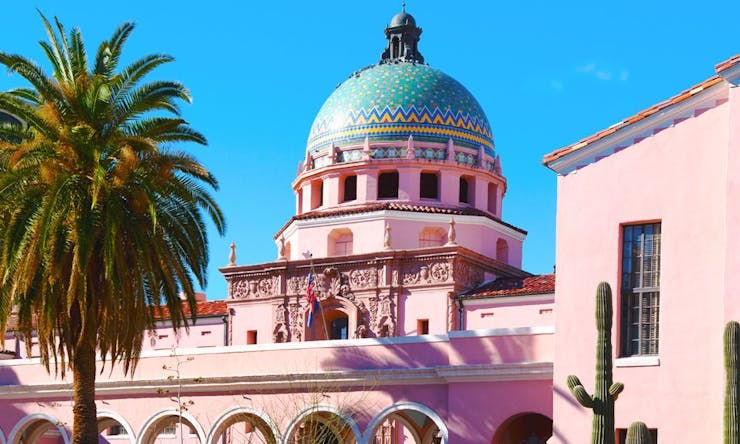As supporters in Arizona busily collect signatures to legalize cannabis, Republican lawmakers are taking aim at Arizona’s Medical Marijuana Act, making moves to restrict access and limit the type of physicians who can recommend cannabis.
Among the proposed restrictions, House Bill 2061, introduced by Rep. Kelly Townsend, R-Mesa, would remove pregnant women from patients who qualify for cannabis. Another measure, House Concurrent Resolution 2019, by Scottsdale Republican Rep. Jay Lawrence, would drastically alter the law to remove physicians who practice alternative medicine, such as naturopathy and homeopathy, from the list of doctors who can recommend the drug. It would also require patients to renew their medical marijuana cards every six months instead of once a year.
Lawrence, who supported the medical marijuana law when it first passed, pointed to state data showing that 87 percent of recommendations in the state were written by naturopaths rather than conventional doctors.
J.P. Holyoak, president of the Arizona Dispensary Association, said he's concerned by the proposals.
“It’s disappointing to see some legislators are trying to roll back a voter-approved law that is helping tens of thousands of seriously ill Arizonans," he told Leafly. "We have some questions about whether their proposal is legal, but we have little doubt it is unnecessary and counterproductive.”
Because Arizona’s medical cannabis system sprang from a voter-approved initiative, any attempts to alter the law must be approved by more than three-quarters of lawmakers in both the House and Senate. Advocates promised to challenge any effort to change the law with less support.
“Arizona is successfully regulating the sale of marijuana for medical use, and it should be expanding upon that progress," said Holyoak, a financial advisor who identifies as a conservative Republican. "Our state should focus on moving forward, not backward."
Some in the state are doing just that. The Campaign to Regulate Marijuana Like Alcohol in Arizona has already gathered 140,000 out of 150,000 required signatures for the November legalization ballot initiative. Despite opposition from Gov. Doug Ducey and other elected officials, campaign political director Carlos Alfaro said, “We’ve always known that the political elite would be anti-legalization. We are here because we know that the people they represent want to see a voter initiative be approved.”
The opposing efforts are sure to widen the rift between voters in the Grand Canyon State. Supporters of legalization can voice their support at a Feb. 1 fundraising reception for the Campaign to Regulate Marijuana Like Alcohol in Arizona in Scottsdale.






